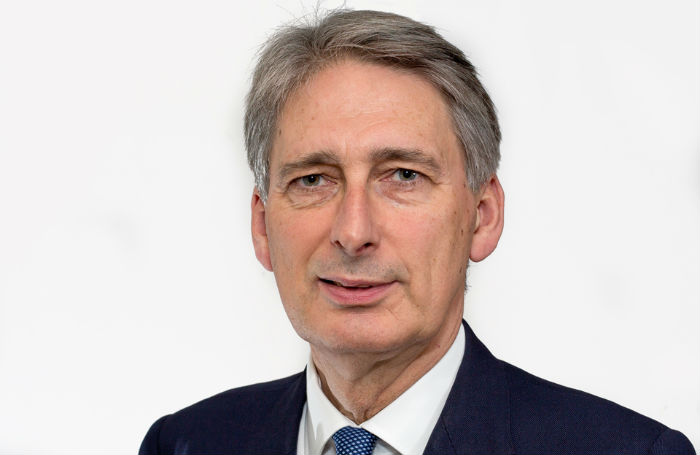
The new Chancellor, Philip Hammond, has announced an extra £1.4 billion for affordable housing on top of the £4.7 billion existing programme that runs until 2021.
But more expensive for the Treasury will be a new £2.3 billion Housing Infrastructure Fund. It will be allocated to local authorities on a competitive basis to provide infrastructure to unlock sites for private house building.
Targeting areas of greatest housing need, the Chancellor said the new fund will deliver 100,000 new homes, compared to 40,000 from the additional affordable housing spend.
Meanwhile housing associations are celebrating the return of grant-funding for homes for affordable rent in a re-shaped affordable housing programme.
Philip Hammond is also relaxing restrictions to allow grant applications for a mix of affordable rent and low-cost ownership.
Details will be set out in a Housing White Paper to be issued shortly that promises ‘a comprehensive package’ of reforms to increase housing supply.
The Treasury’s Autumn Statement claims the package will deliver ‘the biggest affordable house building programme since the 1970s’.
Housing associations will be watching to see how much of the enlarged 2016–21 funding pot, which opened for bidding in April this year, will now be available to homes for rent at the expense of the Help to Buy: Shared Ownership scheme. They will also be watching to see if funding bids already submitted can be revised.
RIBA President Jane Duncan welcomed the additional affordable housing money and the new Housing Infrastructure Fund, and the Chancellor’s announcement that housing associations will have the option to build homes for a range of tenures once again, but said the government needs to go much further to tackle the housing crisis:
‘It is disappointing that the Government has not gone far enough to entrust local authorities to deliver the homes needed, by allowing them to borrow to build for social housing. Neither has the Chancellor provided any funding for homes for social rent. Both these actions are necessary to ensure that genuinely affordable homes are available for those on low incomes’, Duncan said.
‘We look forward to the forthcoming White Paper on housing delivery, which should set out a long-term plan. We hope to see an ambitious, broad-based strategy to deliver the homes our country needs.’
Before spending from the Housing Infrastructure Fund kicks in, the government’s new Accelerated Construction initiative is likely to be more visible on the ground.
Announced last month, this programme will pilot accelerated house building on public sector land in England through partnerships with private house builders. The government had already earmarked £1.7 billion for the programme by 2020–21.
Treasury spending projections released alongside the Chancellor’s Autumn Statement show spending on Accelerated Construction, which begins next year, rising to £635m by 2018-19. The Housing Infrastructure Fund will be spending less than half of this at that time, but is forecast to jump to £945 million the following year.
To put the two new programmes in context, their combined spend will be almost equal to the affordable housing budget by 2018–19, and will be almost double the affordable housing budget in the following year.
Hammond will also be directing a larger share of housing funding at the capital’s housing crisis.
London is set to receive £3.15 billion of the enlarged (now £6.1 billion) Affordable Housing Programme, or just over half of the total for England. Mayor of London Sadiq Khan said the award was the largest housing settlement ever secured by City Hall to deliver affordable housing.
Text by Neal Morris, © RIBA









